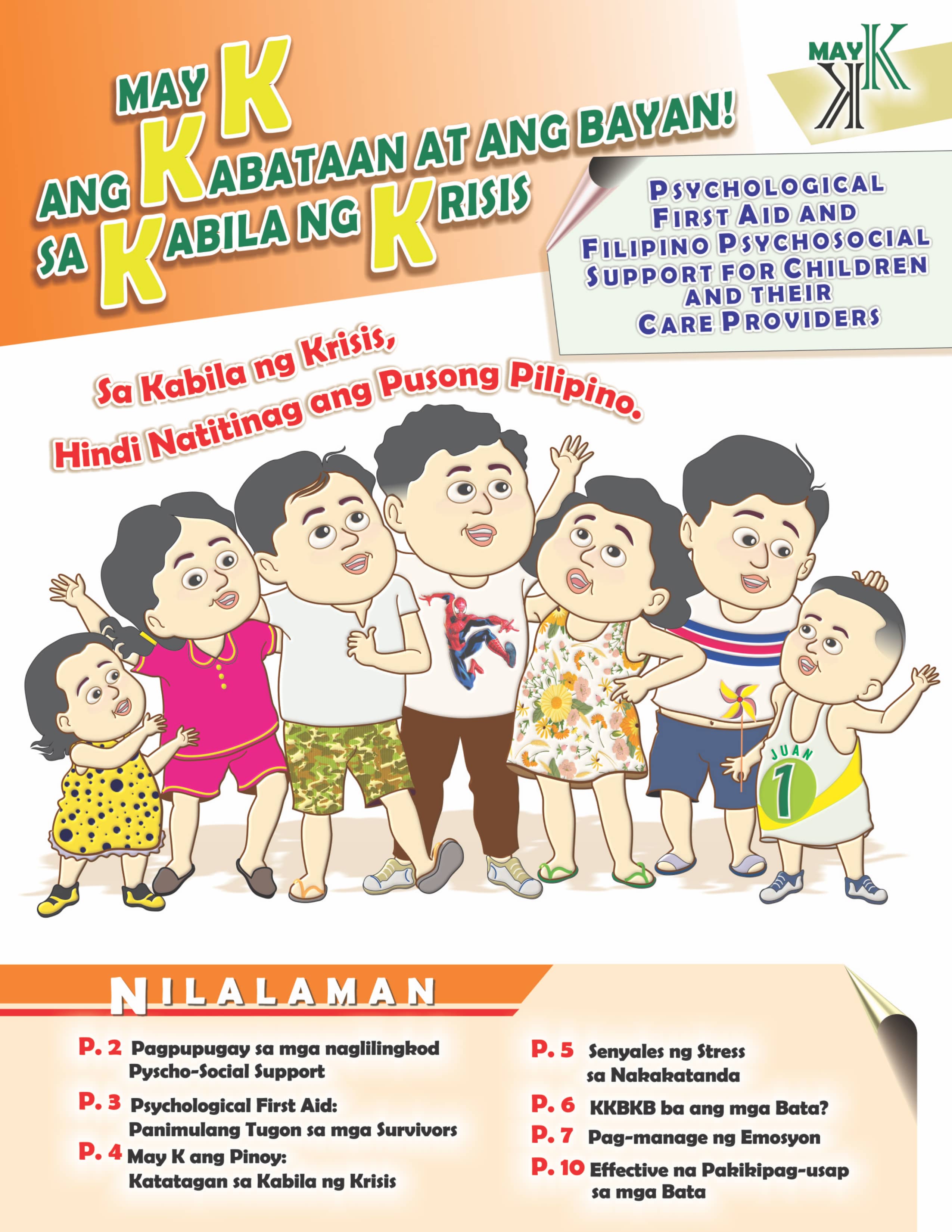After thorough discussion and deliberation on the basic humanitarian instruments1 , conducting a stakeholders' analysis; and examining the context in Mindanao; we, participants of the Workshop on Humanitarian Standards, urge Non Government Humanitarian Organizations, Agencies and Networks in Mindanao to adopt the following principle of conduct as the guide for their humanitarian works, and to disseminate the same to their stakeholders:
-
We shall put the humanitarian imperative as the outmost consideration in our work.
-
We shall give assistance regardless of the race, ethno-linguistic affiliation, creed or nationality, and other similar adverse distinction. Priorities are calculated solely on the basis of the community's needs and rights.
-
We shall not use assistance to further a particular political or religious standpoint.
-
We shall not act as policy instruments of government and parties to conflict that are inconsistent with humanitarian imperatives.
-
We shall respect culture, tradition, custom, and belief.
-
While performing emergency response, we shall take into consideration the need to reduce vulnerabilities and to strengthen the community's disaster response capacities and capabilities.
-
To the extent possible, we shall involve the communities we seek to serve in the management of relief assistance.
-
In our information, publicity and advocacy activities, we shall recognize disaster victims as dignified human, not hopeless objects, whose rights must be upheld at all times.
-
Our presence, work, and assistance shall in no way cause further harm to, or prolong suffering of the community we seek to serve.
-
We shall coordinate efforts for the maximum benefit.
-
We shall take gender into consideration and give particular attention to vulnerable groups.
-
We hold ourselves accountable to the beneficiaries and the donor.
-
We consider volunteers as integral part of our work.
-
We are committed to adhere to exit strategies.
-
We recognize our role as complement to the primary role of the government in disaster and emergency management.
With an understanding that these principles, yet firm, are dynamic and will continue to evolve based on realities. As individuals, we endorse these principles. Done in Davao City, Philippines on the 27th of July 2003.
---------------------------
1 Including the International Bill of Rights and other human rights instruments, the International Humanitarian Laws, Refugee Laws, the Humanitarian Charter, the United Nations Guiding Principles on Internal Displacement, and the Code of Conduct for the International Red Cross and Red Crescent Movement and NGOs in Disaster Relief






















